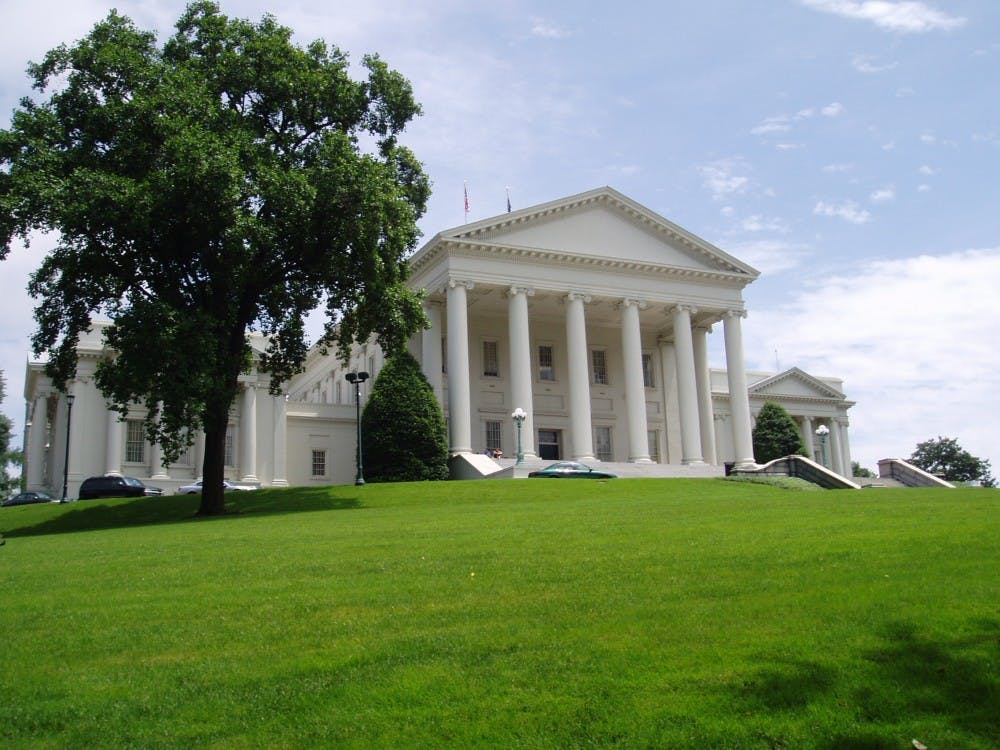In many states across the country, localities have to adhere to an established doctrine called the Dillon rule. The Dillon rule, derived from the legal scholar John Forrest Dillon, restricts the powers of local governments and only allows them the powers specifically granted to them by the state government. According to this doctrine, localities have to go to the state government to ask for permission to tackle serious problems which occur at the local level. This process wastes valuable time and resources which the localities could otherwise dedicate to solving the problems at hand, while also reducing the freedom of local leaders to govern their localities as they see appropriate. Because of these problems, the Dillon rule must be repealed. That is what their citizens elected their local governments to do, so they should be given the power to do so.
An example of the adverse effects of the Dillon rule can be found today in Charlottesville, where local leaders are attempting to increase affordable housing. Currently, the Charlottesville area is experiencing an affordable housing crisis, during which current housing stocks have been deemed insufficient and many low-income residents spending large portions of their incomes on increasingly unaffordable housing. To address this problem, the Charlottesville City Council is seeking permission from the state government to enact an inclusionary zoning ordinance. This ordinance would help the local government address this issue by ensuring a certain percentage of units are affordable for low-income citizens in Charlottesville. The fact that this increasingly severe issue must go to the General Assembly before it can be enacted is ridiculous. The Dillon rule creates bureaucratic hurdles that localities must jump over in order to solve local problems.
Another area this doctrine adversely affects is public education. Local school boards, who are given a lot of power over school policy, often have their hands are tied when it comes to school funding. This is incredibly unfair for some localities which do not raise enough revenue through existing tax receipts to fully fund schools. This inability to raise tax revenue has been paired with the budget cuts that were made to public schools in during the recession, which remain in place. To address problems of school funding when state government is not, localities should be allowed to raise sales taxes, which they are currently not able to do. Schools are an essential part of local communities, so it is essential that local governments are given the tools to ensure that their schools are adeuqately funded.
The Dillon rule also prevents liberal cities within more conservative states to enact the policies they feel would be beneficial to their citizens. This process, called pre-emption, is when state governments nullify ordinances passed by localities which go beyond what state law mandates. This process unfolded in Wisconsin, where the city of Milwaukee passed a paid sick leave ordinance that was reduced back down to the state requirement of unpaid sick leave. Many other cities in Wisconsin experienced an increase in their minimum wage, only to have the newly increased wages reduced back to the minimum state levels. This history of pre-emption is a problem because localities should be able to pursue acceptable public policies that their constituents want them to pass. It is ridiculous that state governments can nullify these laws against the will of the people.
Because of the Dillon rule, many localities are unable to govern to the extent they feel is necessary. In Virginia, the adverse effects can be seen as local governments struggle to address school and housing concerns. By restricting the ability of local officials, Dillon rule states are only hurting their citizens. Instead of the Dillon rule, Virginia should adopt the concept of Home rule. Home rule allows municipalities to handle their own affairs by allowing them to choose what powers they want and what issues they should be responsible for. State laws should act as a floor from which localities can go beyond if they wish. Though it is a valid concern that this may leave states with a variety of different laws varying from locality to locality, it is essential to empower localities to solve local problems, while also ensuring every locality follows the same minimum standard. Ultimately whether these municipalities go beyond set minimum standards is up to the voters, and it should be up to them to keep their localities accountable, not the state government.
Jacob Asch is an Opinion columnist for The Cavalier Daily. He can be reached at j.asch@cavalierdaily.com.







